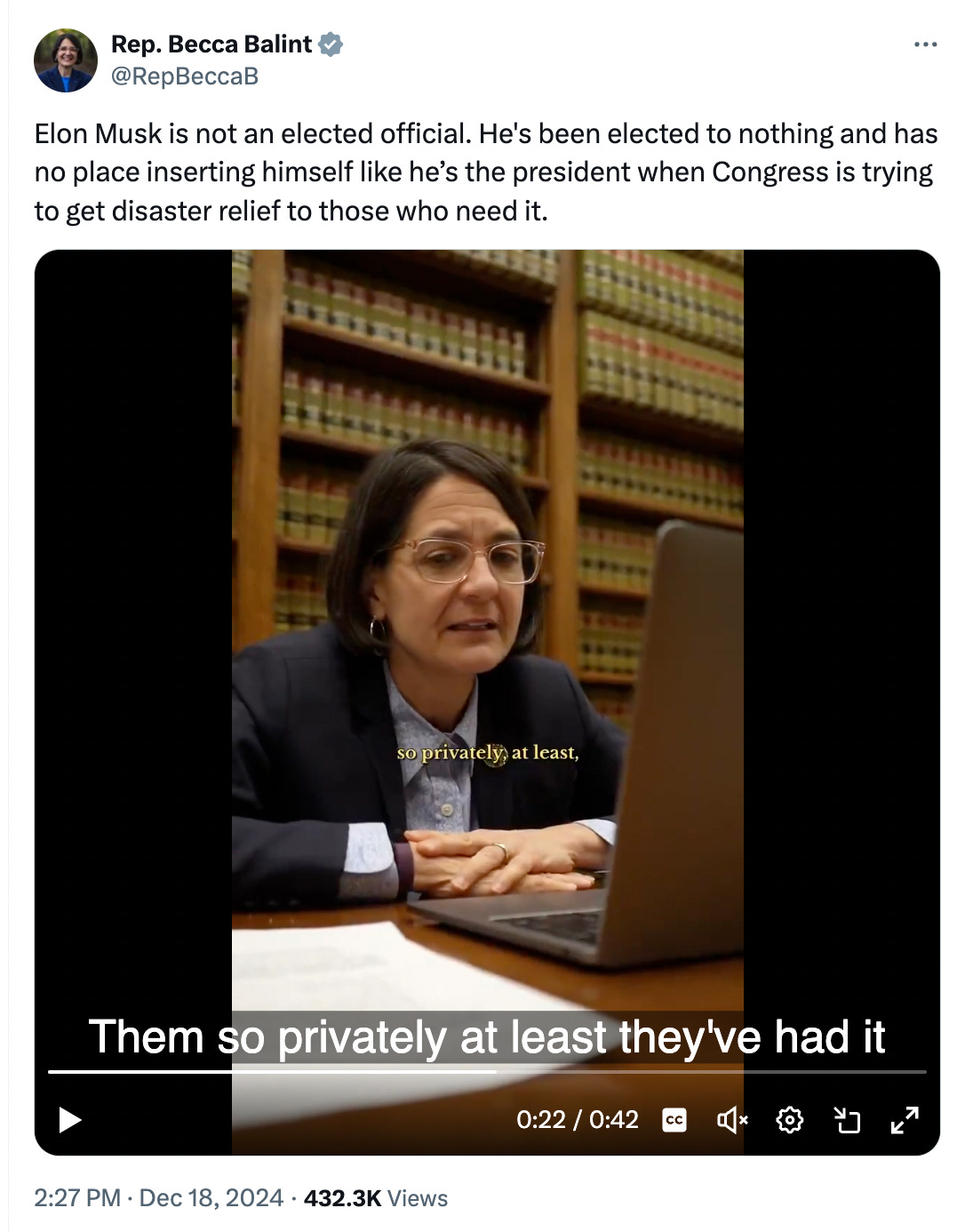The Peasants Are Revolting
In an opening salvo that needs more discussion — “Losing Alignment: Why have establishment politics become so destructive, immoderate and self-defeating?” —Eugyppius asks a series of important questions about the severing of political inputs. The voting public hates the projects of the governing class, but the governing class doesn’t abandon those projects:
Our rulers ought to appease the restless masses by preempting their political demands – not because they are happy benevolent paternalistic overseers with our best interests at heart, because it is in their interests to do so.
In the United States they should’ve dialled back the racial egalitarianism and the transgender nonsense as soon as it started to generate serious pushback, and they should’ve taken steps to restrict migration before Trump ever came within reach of the Oval Office. Here in Europe, they should be winding down climatism and also taking any number of steps to close the borders. Yet they are either not doing these things, or they are not doing them hard enough.
Why don’t they stop? Why don’t they read the room? Why doesn’t the political class try to seem sort of aligned with the populations they govern? Voters mostly hate trans-everything, but the governing class remains deeply committed to the theme, to the point of madness. As I’ve written before, even Californians overwhelmingly oppose school secrecy around sexual discussions with children, but state officials remain fanatically committed to the battle against parental notification policies for children in K-12 schools who tell school officials they want to transition to a new gender. Eighty percent of the state opposes a state policy, so the hated state policy accelerates and intensifies.
Climatism, mass migration and the Islamification of Europe, institutional DEI focus: unpopular, but urgently ongoing. Summer headline: “UK expands jail capacity to house anti-Muslim rioters.” The British people don’t like what the British government is doing to their country, so the British government…builds more prison cells for the unhappy population. The loss of connection becomes nakedly brutal, or pathologically clumsy:
The loss of political alignment between government and governed, with the absence of an attempt to recover it, implies an ugly political trajectory. Eugyppius: “If conditions in Europe continue to deteriorate, it is very likely that the democratic order will have to be substantially attenuated via more authoritarian interventions to close off the political space and keep the rabble in check. Less Alignment requires more authoritarianism.”
So.
Representative Becca Balint, a Vermont Democrat who is yet again another former social studies teacher — pronouns in profile, natch — is deeply unhappy that Elon Musk spoke out against the continuing resolution. You’ll have to click on this link to watch the whole video, but you’ll get the flavor from her framing:
Elon Musk is talking about legislation and trying to influence a legislative outcome, and he’s not even an elected official. He has no right to do that. Why is he even speaking? Why is he even being permitted to speak on a process that he hasn’t been credentialed to join?
You no doubt start by noticing the silliness of the pearl-clutching, as a politician in a town full of lobbyists decries the political interference of people who don’t hold office. And yes, it’s always funny for Democrats to be bothered by billionaires who interfere in politics.
But go beyond that to the category problem: Becca Balint believes, or at least asserts, that legislation is properly a closed process, and the political speech acts of citizens who don’t hold office are improper. You can’t say “don’t pass this bill,” because you lack standing. You may only properly negotiate and advocate after you’re sworn into an office of some kind.
Political office is a technical speciality. Elected officials are professional experts in an esoteric task. Opposing legislation when you’re not a politician is like prescribing medicine to a horse when you didn’t go to veterinary school. What are you even doing, having an opinion? You people aren’t qualified for this.
This presumption is deeply, deeply, deeply held, all the way down to the smallest local governments. “It is not a meeting that belongs to the public.”
We’re seeing this everywhere, all the time. Public sentiment cannot have legitimacy in political discourse; it is not the educated opinion of elected professionals, who are technical specialists. The seeds of the “new elite,” a status group that defines itself by its opposition to the backward population, were planted in the Gilded Age, by the emergence of giant corporations with technocratic managerial identities. The Progressive Era took the sprout and made it a tree, creating a metastasizing list of professional specialities. Now you may not speak without a credential and a formal status. All roles require specialist licensure.
So this answer to Eugyppius captures some of what I think is happening:
Educated guess: The elites running governments are expecting the same tactics to continue working, as if they can continue to control the information system. An effort that is aided and validated by eager partners like academic institutions and think tanks.
This is why they press the pedal on defending against mis- and disinformation. If you can convince enough of the voting population that they are being manipulated by malign forces, and that you are supplying the truth, then the plan is that they will continue to trust you.
But what seems to me to be the bottom line underneath this argument is that the political class flatly doesn’t regard public opinion as qualified, as the intervention of people who have standing to intervene. Politics doesn’t belong to the public. “He has been elected to nothing.” If the public isn’t aligned with the political class, the specialists, the public has fallen victim to disinformation from bad actors who are speaking out of turn, and they must be redirected to proper thought from proper sources. Alignment isn’t a task; it isn’t required or a necessary part of the governing system. The political class is correct. Disagreement is pathology. They don’t think they’re broken, or that their connection with you isn’t working; they think you’re broken.
Read that Eugyppius essay. It’s short, and it starts an important discussion.
ADDED LATER:
Of course I should have included this infamous New Yorker cartoon, which captures the whole flavor of the presumption about technical specialization and society in ways the cartoonist surely didn’t recognize:




It helps that the "public opinion" is so obviously correct in this scenario. We need to keep the government open and get some money to hurricane victims -- so why is there cash for a stadium? Why is the House exempt from being sued? Why are we talking about pandemic stuff?
They don't realize that while it may take 1 non-motivated Congressman a week to read this bill, it takes 10,000 motivated Americans like an hour. What used to work won't work anymore, because we can see exactly what they're up to.
Quote from a book by Jaron Lanier published in 2010: "Another predictable element of the ideology of violation is that anyone who complains about the rituals of the elite violators will be accused of spreading FUD--fear, uncertainty, and doubt. But actually it's the ideologues who seek publicity."
Applied to the continuing resolution: the politicians who concocted a 1,547 page bill for spending many tens of billions of dollars--a bill they planned to become law within 2 or 3 days of its release--they're accusing us of creating chaos and doubt?